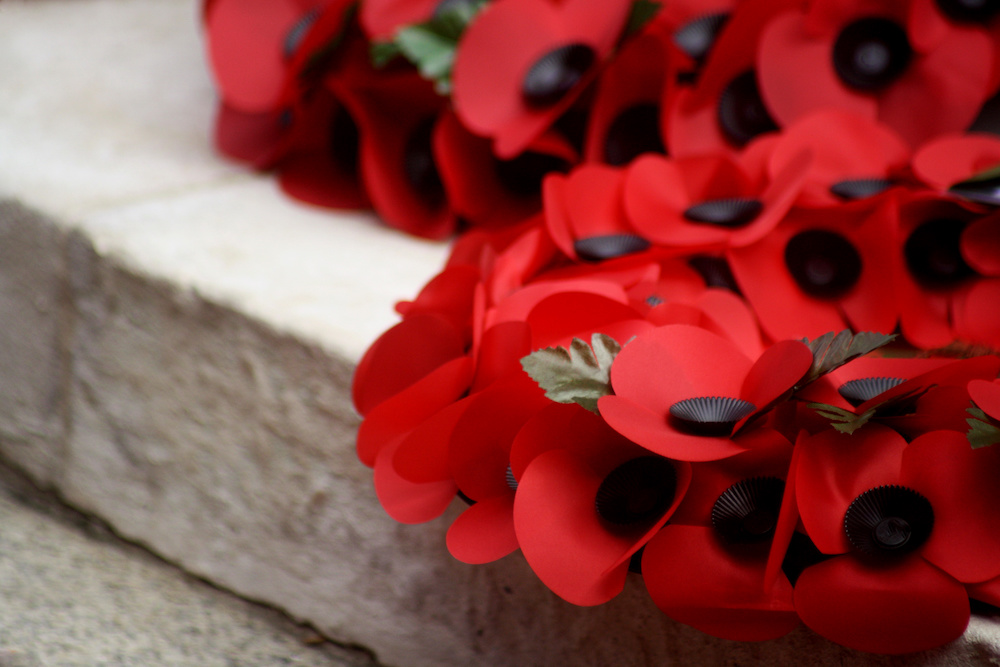With Remembrance Day fast approaching, and so many tragic and distressing stories of war in the news, this can be a difficult and triggering time for veterans.
Did you know that there are 17.4 million veterans in England alone, many of whom have specific health needs but won’t ask for help as they feel they’ll be misunderstood by healthcare professionals? Research shows that less than half of England’s veterans will ask for support with mental health issues. Yet those who delay in seeking assistance report an increase in suicidal thoughts.
At Practice Index, we’re particularly aware of, and sensitive to, the issues that veterans face as Phil Coates, our Learning and Compliance lead, and Mat Phillips, our Policies and Compliance lead, are both veterans themselves.
Phil says, “As Vice President of the local Royal Naval Association (RNA) branch, I have had, and still have, the privilege of listening to fellow veterans and current serving members of the Royal Navy as they recall their experiences during times of conflict, some fondly remembering their oppos (friends) who they served with but are no longer with us.”
Phil served at sea and ashore on operations, never imagining that one day he’d end up in a tent in Helmand Province, Afghanistan. Phil’s wife was also in the Royal Navy, serving in the Queen Alexandra’s Royal Naval Nursing Service, and she didn’t expect to be drafted to RFA Argus (a hospital ship) during the Gulf War to treat both civilian and military casualties, at a very early stage of her military career.
Phil adds, “When I listen to what others experienced in various conflicts, it’s a humbling experience. I read a citation for a former Royal Marine, who was a D-Day veteran and sadly passed away in late October. Fred was such a character and a true gent; I am honoured to have known him. What Fred experienced, his actions, including disobeying direct orders twice, to rescue stranded oppos in his landing craft was such a feat, and it is to him and many others we owe much gratitude.”
Mat worked in the hospital at Camp Bastion, Helmand Province for a few months and wrote a diary each night to reflect on the work that took place within the hospital and to come to terms with each day’s activities. He found the writing process to be enormously helpful at the time. Here are a couple of extracts, which he has kindly shared with us:
“We saw injured servicemen coming in. Hearing the distinctive ‘whop-whop’ sound of the Chinook helicopters in the distance, a welcoming committee of the various medical specialties would form out the front of the hospital.
On landing, patients then get transferred to an ambulance for the short journey from helipad to hospital. It was at this stage, should the driver indicate left, this single though utterly poignant and heart-wrenching action meant that the patient had not survived their injuries and were off to ‘Rose Cottage’. There was always an audible gasp, bowing of heads and frustrated sighs. Devastated as we had lost another.”
It’s hard for most of us to imagine the fear, horror and suffering that members of the Armed Forces endure during times of conflict and war, but it’s good to know that there’s a Veteran Friendly Accreditation scheme for GP practices, so that we can play our part in assisting veterans in the most appropriate and meaningful ways.
The RCGP and NHS England have developed this scheme to provide practices with a simple, accessible process for identifying, understanding and supporting veterans and, where appropriate, referring them to specialist NHS healthcare services designed just for them. More than 2,300 practices have already signed up to the scheme and 99% of practices recommend it.
These are some of the benefits of gaining accreditation:
- Veterans get quicker access to the right support
- Veterans benefit from a better patient experience and improved outcomes
- Practice staff feel more motivated, and take pride in what they do
- Time can be saved through reducing the number of repeat appointments
- Practices receive materials to advertise their Veteran Friendly status
- In turn, this makes veterans feel more comfortable to come forward
- Accreditation also allows you to meet your CQC obligations
So, on Armistice Day this year, why not consider becoming a Veteran Friendly practice so that you can offer support to veterans when they need it the most? It’s a small act of respect and understanding that all practices can commit to. To find out more, email: [email protected] or sign up here: rcgp.org.uk/veterans
Let’s end with Phil’s words: “For many of us, Remembrance Sunday affords us the opportunity to stand once again in-line with our oppos, young and old. For me, I take the opportunity to look back, reflect and pay respect to those who have given, and to those who continue to give, in service of our country. Lest We Forget.”





November 10, 2023 at 8:59 am
Thank you Phil. I have added your lovely quote to our Facebook page attributed to ‘Phil, a veteran’. We are a veteran-friendly practice and therefore respect you all. The contribution of all veterans is humbling.